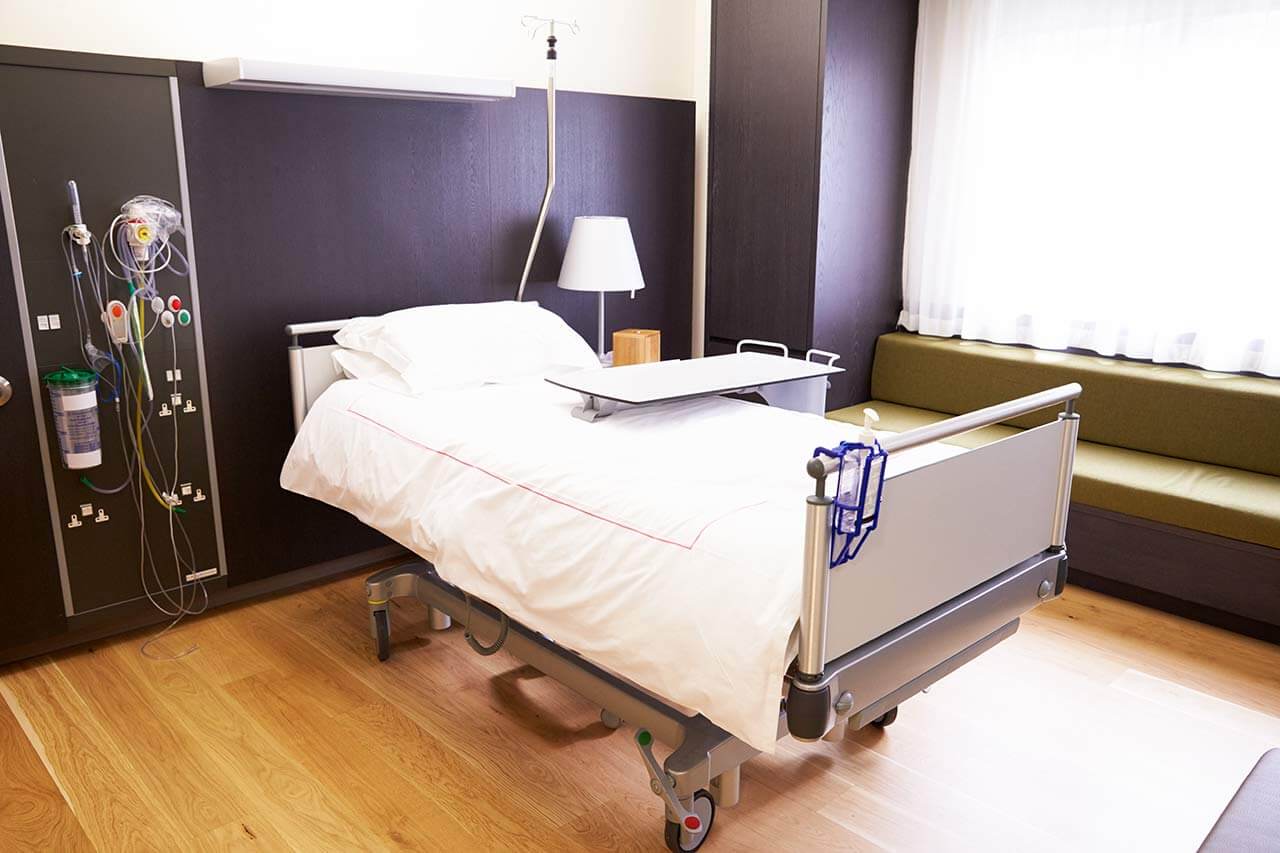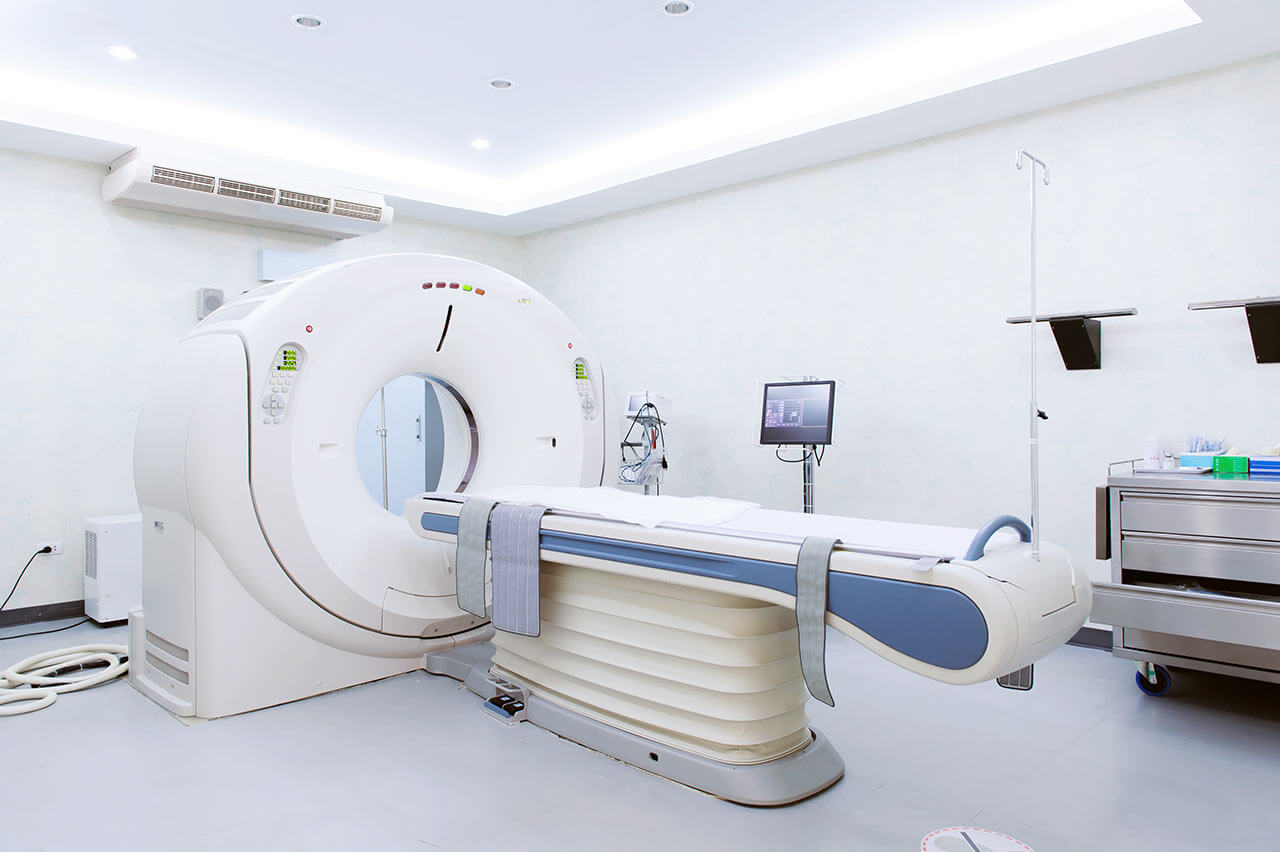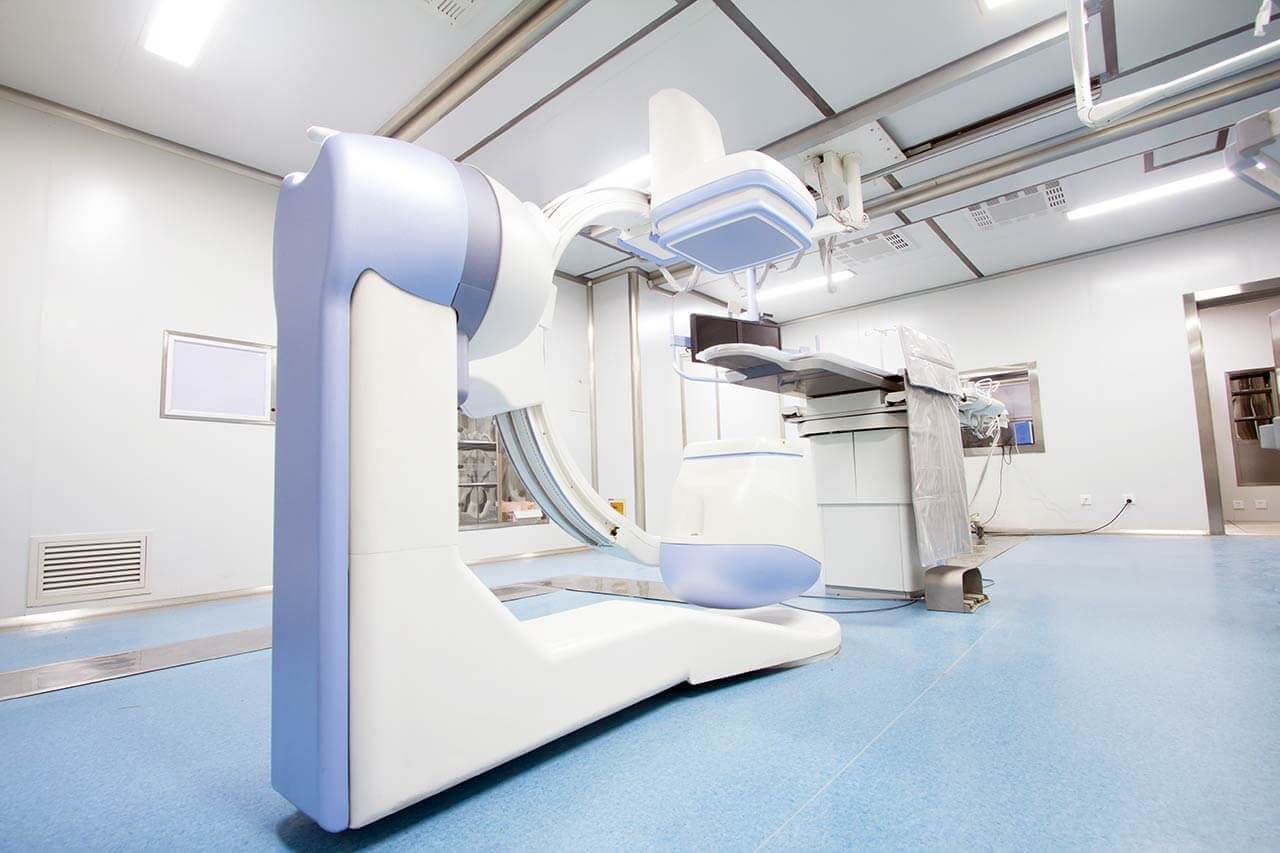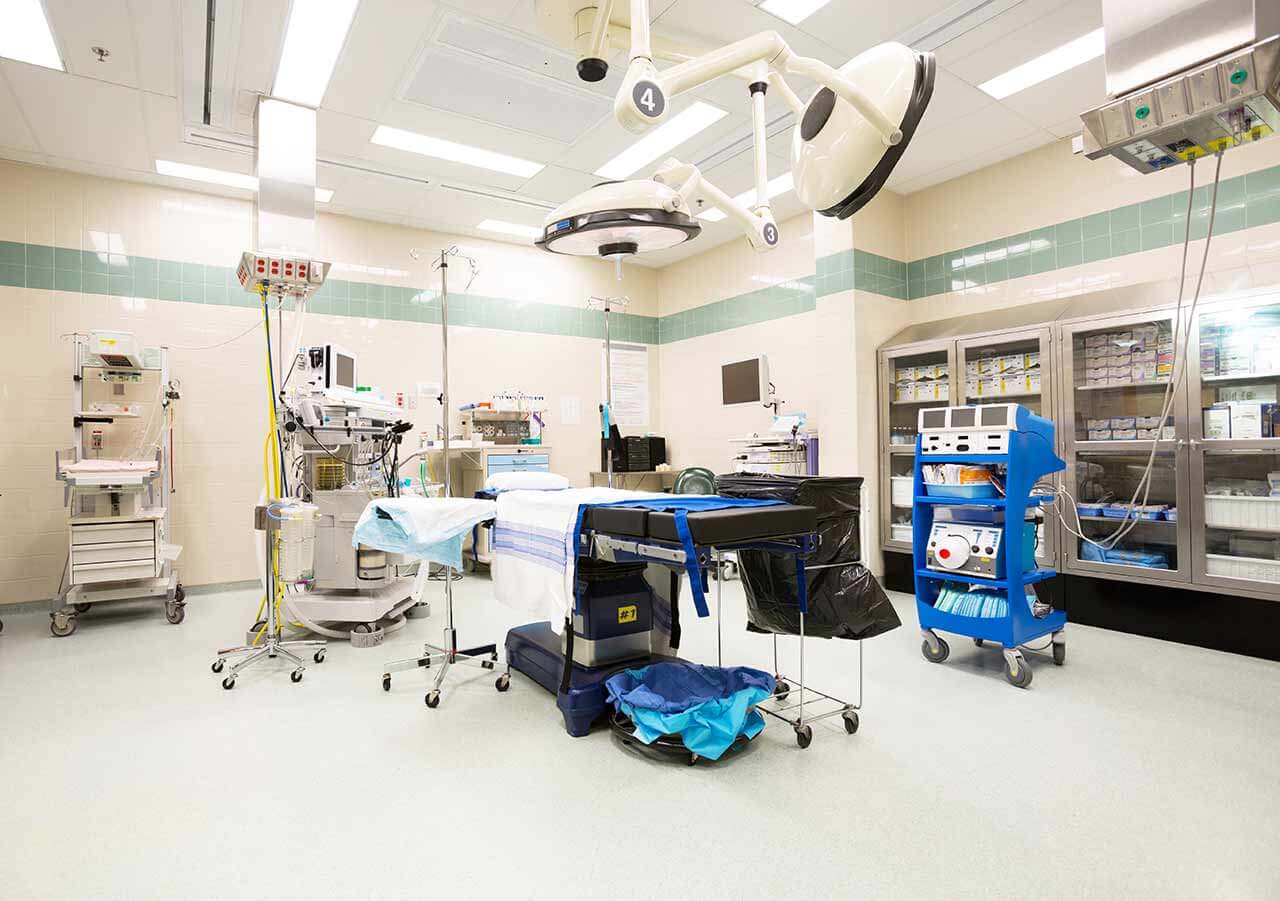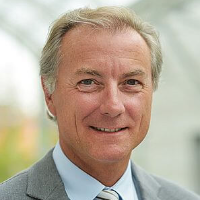
The program includes:
For 2 weeks before birth:
- Initial presentation in the clinic
- clinical history taking
- physical examination
- review of medical records
- laboratory tests:
- complete blood count
- biochemical analysis of blood
- indicators of inflammation (CRP, ESR)
- indicators blood coagulation
- pelvic ultrasound
- gynecological examination:
- transvaginal ultrasound
- colposcopy
- scraping with subsequent analysis
- fetal examination:
- 4 D sonography
- determine fetal position before delivery
- CTG
- nursing services
- observation by chief physician and all leading experts
- maintaining an obstetrician until birth
Day of birth
- gynecological examination
- fetal examination
- childbirth natural
- symptomatic treatment
- control examinations
- the cost of essential medicines and materials
- nursing services
- full hospital accommodation
- explanation of future recommendations
After birth
- maintaining an obstetrician after birth
- examination during the postnatal period (during the first three weeks)
- control gynecological examinations during the postnatal period
- the first pediatric examination of the newborn
Required documents
- Medical records, obstetric history
Service
You may also book:
 BookingHealth Price from:
BookingHealth Price from:
About the department
According to the Focus magazine, the Department of Obstetrics at the Charite University Hospital Berlin is one of the best medical facilities of its kind in Germany!
The department offers comprehensive pregnancy management – highly accurate prenatal diagnostics, safe childbirth, and high-quality postnatal care for both mother and newborn. The department enjoys the status of a Level I Perinatal Center, which confirms exceptional expertise in its field and compliance with the highest international standards. The physicians have extensive experience in the management of high-risk and multiple pregnancies and work closely with specialists in related fields, including gynecologists, neonatologists, pediatric cardiologists, surgeons, neurosurgeons, and oral and maxillofacial surgeons. The department is equipped with state-of-the-art ultrasound equipment for pregnancy screening in each trimester and for invasive intrauterine interventions. Childbirth takes place in modern delivery rooms equipped with a variety of auxiliary devices, including special birthing baths. Obstetricians specialize in all modern forms of childbirth: natural childbirth, outpatient childbirth, water birth, and cesarean section. The main priority of the doctors is to provide the best care in a pleasant atmosphere, taking into account the individual needs of each woman. The department is headed by Prof. Dr. med. Wolfgang Henrich.
The department has an advanced Prenatal Diagnostic Center certified by the German Society for Ultrasound in Medicine (DEGUM III). All modern diagnostic services for pregnancy monitoring are available here: ultrasound screening of all trimesters, fetal echocardiography and Doppler ultrasound, non-invasive prenatal testing, and other examinations. If fetal developmental abnormalities are suspected, the following invasive prenatal diagnostic procedures are used: chorionic villus sampling (puncture of the placenta), amniocentesis (puncture of the amniotic membrane), and cordocentesis (puncture of the umbilical cord to collect lymphocytes and study their genome). These invasive studies allow clinicians to identify chromosomal abnormalities even at the stage of intrauterine development. All procedures are performed under ultrasound guidance, which ensures their safety for both mother and fetus.
The specialists of the Prenatal Diagnostic Center also perform intrauterine therapy. For example, if fetal anemia is detected (a decrease in the number of red blood cells below the norm), blood is transfused into the umbilical vein through a puncture of the mother's anterior abdominal wall, usually at the base of the placenta. In the case of polyhydramnios (excessive accumulation of amniotic fluid), amniotic fluid drainage procedure is performed.
The medical team of the department is one of the few in Germany with many years of experience in the treatment of twin-to-twin transfusion syndrome (TTTS), a serious complication of multiple monochorionic pregnancy caused by the formation of arteriovenous anastomoses in the common placenta of twins. With timely recognition of TTTS and effective therapy, the chances of pregnancy preservation reach 90%. For the treatment of twin-to-twin transfusion syndrome, the modern method of fetoscopic laser coagulation is used, in which the placental anastomoses are destroyed by a special laser. The procedure is performed under local anesthesia and ultrasound guidance. To date, this is the only effective method for treating severe forms of TTTS.
An important area of work for the obstetricians of the department is the management of pregnancies in women with diabetes mellitus, arterial hypertension, preeclampsia, infectious diseases, and breech presentation of the fetus. The specialists have all the necessary professional skills and technical capabilities to provide qualified medical care in these pathological conditions.
The department's delivery rooms are equipped according to modern medical standards and have everything necessary for safe childbirth in a comfortable environment. The department specializes in natural childbirth, outpatient childbirth, water childbirth, vacuum extraction, and cesarean section. The delivery rooms have various aids to facilitate childbirth: fitballs, special birthing chairs, Swedish walls, and other devices. The team of obstetricians offers various modern methods of pain relief, ranging from epidural anesthesia to acupuncture and aromatherapy.
The main areas of the department's clinical practice are as follows:
- Prenatal diagnostics and treatment
- Diagnostic examinations
- Non-invasive examinations
- I, II and III trimester ultrasound screening
- Fetal echocardiography
- Fetal Doppler
- Non-invasive prenatal testing
- Invasive examinations
- Chorionic villus sampling
- Amniocentesis
- Cordocentesis
- Non-invasive examinations
- Therapeutic procedures
- Blood transfusion for fetal anemia
- Amniotic drainage
- Transplacental therapy for fetal tachycardia and bradycardic arrhythmias
- Fetoscopic laser coagulation for twin-to-twin transfusion syndrome
- Diagnostic examinations
- Pregnancy management in women with diabetes mellitus
- Pregnancy management in women with arterial hypertension
- Pregnancy management in women with preeclampsia
- Pregnancy management in women with concomitant pathology
- Congenital or acquired heart disease, heart rhythm disturbances
- Endocrine diseases: diabetes mellitus and thyroid pathologies
- Neurological disorders: multiple sclerosis and epilepsy
- Autoimmune and rheumatic diseases: systemic lupus erythematosus, antiphospholipid syndrome, rheumatoid arthritis, ulcerative colitis, and Crohn's disease
- Kidney diseases: patients on dialysis, after kidney transplant
- Blood diseases and blood clotting disorders: thrombocytopenia and thrombophilia
- Pregnancy management in women with infectious diseases
- HIV
- Hepatitis
- Cytomegalovirus
- Toxoplasmosis
- Rubella
- Childbirth
- Natural childbirth
- Ambulatory childbirth
- Water childbirth
- Vacuum extraction
- Caesarean section
- Comprehensive postnatal care for both mother and newborn baby
- Other medical services
Curriculum vitae
Higher Education and Professional Career
- 1983 - 1989 Medical studies at the University of Heidelberg (Germany), the University of San Diego (USA), and the University of Zurich (Switzerland).
- 1990 - 1997 Residency, Charite University Hospital Berlin.
- 1997 Board certification in Obstetrics and Gynecology.
- 1999 Board certification in Fetal Medicine.
- 2000 Fetal Medicine Diploma, Fetal Medicine Foundation, London, UK.
- 2003 Habilitation and Venia legendi.
- 2005 Level III Certificate of the German Society for Ultrasound in Medicine (DEGUM).
- 2009 Board Member of the German Society for Ultrasound in Medicine (DEGUM).
- Since 2011 Head Physician, Department of Obstetrics, Charite University Hospital Berlin.
- Since 2023 Member of the National Academy of Sciences Leopoldina.
- Since 2024 Extraordinary Professorship, Medical University of Vienna, Austria.
Research Focuses
- Prenatal diagnosis and treatment.
- Screening in the first and second trimesters of pregnancy.
- Prevention of congenital anomalies.
- Fetal echocardiography.
- Non-invasive and invasive prenatal procedures.
- Doppler sonography of the fetus in the uterus.
- Blood loss during childbirth.
- Ultrasound scanning in the delivery room.
- 3D and 4D ultrasound scanning.
- Preterm labor.
- Cervical length and fetal fibronectin.
Memberships in Professional Societies
- German Society for Ultrasound in Medicine (DEGUM).
- German Society for Gynecology and Obstetrics (DGGG).
- German Society for Perinatal Medicine (DGPM).
- Berlin Society for Obstetrics and Gynecology (GGGB).
- International Society of Ultrasound in Obstetrics and Gynecology (ISUOG).
Photo of the doctor: (c) Charité – Universitätsmedizin Berlin
About hospital
According to the reputable Focus magazine, the Charite University Hospital Berlin ranks 1st among the best healthcare facilities in Germany!
The hospital is one of the largest and leading university medical complexes in Europe, and also consistently holds leading positions in the international medical arena. The Charite operates on the basis of the Faculty of Medicine of the Free University of Berlin and the Humboldt University of Berlin. Patients are offered modern diagnostics and treatment with the very latest methods, many of which were developed by professors and scientists of the medical complex. More than half of all German Nobel Prize winners in medicine and physiology, such as Emil von Behring, Robert Koch, and Paul Ehrlich, studied and worked at the Charite University Hospital Berlin. The medical complex includes more than 100 specialized departments and institutes, which helps to ensure that patients receive care in all existing medical specialties. The hospital has exceptional experience in treating complex clinical cases.
Each year, the hospital treats more than 137,800 inpatients and more than 787,700 outpatients. The hospital has a bed capacity of 3,293 beds. A huge medical team consisting of 5,670 scientists and doctors and more than 6,000 nurses work for the benefit of the patients. The main task of all specialists of the medical facility is to restore the patient's health or save his life in critical cases. The hospital has a friendly atmosphere where every patient feels care, respect and empathy.
The Charite University Hospital Berlin is generously funded by the German government, which is why it offers patients the latest generation of excellent equipment and comfortable infrastructure. The Charite medical complex is equipped with da Vinci robotic surgery systems, laser technologies, equipment for endovascular catheter-based interventions, neuronavigation devices, intraoperative monitoring systems, equipment for proton therapy available only in the most advanced medical centers in the world, and many other technologies. All these resources, combined with the experience and professional skills of the hospital's doctors, are the key to providing the most effective and safe treatment in accordance with the highest international medical standards.
The hospital is recognized with a huge number of quality certificates, including DIN EN ISO 9001:2015, certificates from the German Cancer Society (DKG), the German Society for General and Visceral Surgery (DGAV), the German Society for Thoracic Surgery (DGT), the German Hernia Society (DHG), and the ERAS Society.
The Charite University Hospital Berlin is a benchmark in the European healthcare system. Patients therefore receive impeccable medical service, quality care, and personalized service that puts the patient and their individual needs first.
Photo: (с) depositphotos
Accommodation in hospital
Patients rooms
The patients of the Charite University Hospital Berlin live in comfortable rooms made of modern design. Each room is equipped with an ensuite bathroom with a toilet and a shower. The standard room furnishing includes an automatically adjustable bed, a bedside table, a wardrobe for storing clothes, a table and chairs for receiving visitors, and a TV. If desired, Wi-Fi access can be provided. The hospital also offers enhanced-comfort rooms.
Meals and Menus
The patient and his accompanying person have a daily choice of three menus. If for any reason, you do not like the food, you will be offered an individual menu. Please inform the medical staff about your dietary preferences before the treatment.
Further details
Standard rooms include:
Religion
Religious services are available upon request.
Accompanying person
During the inpatient program, an accompanying person may stay with you in a patient room or at the hotel of your choice.
Hotel
During the outpatient program, you can live at a hotel of your choice. Managers will help you to choose the most suitable options.
The hospital offers a full range of laboratory tests (general, hormonal, tests for infections, antibodies, tumor markers, etc.), genetic tests, various modifications of ultrasound scans, CT scans, MRI and PET / CT, angiography, myelography, biopsy and other examinations. Treatment with medications, endoscopic and robotic operations, stereotaxic interventions is carried out here, modern types of radiation therapy are also used. The hospital offers patients all the necessary therapeutic techniques.
- Proton therapy
- CyberKnife treatment
- Hyperthermic intraperitoneal chemotherapy (HIPEC)
- PSMA therapy with Lutetium-177
- Joint replacement in adults and children
These are oncological diseases, benign neoplasms of the brain and spinal cord, heart valve defects, diabetes mellitus and its complications, joint diseases and other pathologies.
- Neurosurgery
- Oncology
- Plastic and reconstructive surgery
- Interventional radiology
- Proton therapy (Proton Therapy Center BerlinProtonen)
The medical team includes more than 4,225 highly qualified scientists and doctors.
